- Home
- /
- Stories
Stories
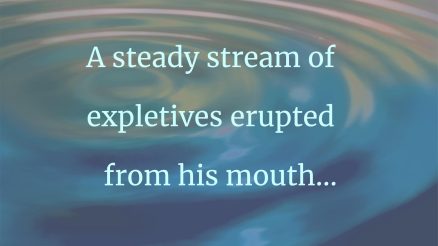
ICU Surprise!
It was 7:15 on a Tuesday morning. What kind of a Tuesday morning, I could not say. How would I know? There are no windows on 8 North, the adolescent ward at Bellevue Hospital, where I was spending my first month as an intern. There could have been a hurricane outside for all I knew.
What I did know was that in about fifteen minutes a pack of fresh, smiling faces would be arriving, and one of them would bring me breakfast: a toasted bagel with cream cheese and coffee. The long night (or should I say nightmare) was ending, and I could look forward to an easy eight remaining hours of work and then sleep, blissful sleep.
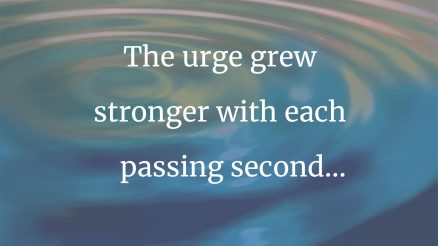
A Puzzling Impulse
Editor’s Note: This piece was awarded an honorable mention in the Pulse writing contest, “On Being Different.”
My mother has always advised me that it is good to be “different.” She herself, growing up, wanted to be different in both her personality and her fashion. But her wish to be unique is not something I’ve inherited.
Beginning in elementary school, the last thing I wanted was to be different from my school friends—in fact, I wanted to be them. This made things difficult, as I was the only brown person in my primarily white friend group.
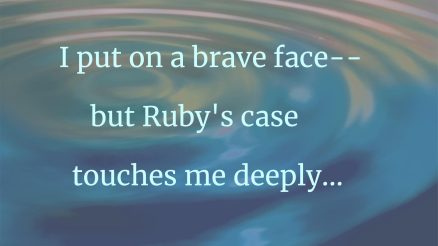
A Time to Die?
I’ve always liked this hospital. It’s small, just two stories, with natural light flooding through the rain-cleansed windows.
My patient Ruby is on the ground-level medical ward. The ward’s Maori name, Muiriwai, means “confluent point of two streams.” Each ward has a Maori name and four beds. There are no private rooms in this public hospital.
Ruby is lucky to have a bed near the window.
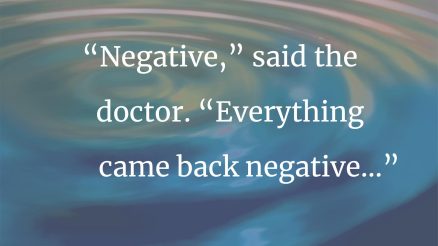
My Invisible Illness
Growing up, I was a healthy child. I only went to the doctor for check-ups, vaccinations and school forms.
So when, at age fourteen, I woke in the middle of the night in excruciating pain and crawled into my parents’ bedroom to wake them to take me to the emergency room, I wasn’t prepared for what awaited on the other side of those sliding glass doors.
My experience was like a medical TV-show montage—bright lights, beeping monitors, medical professionals hovering over me and talking incomprehensible jargon, soft cries from patients in surrounding rooms, concerned looks on my parents’ faces.
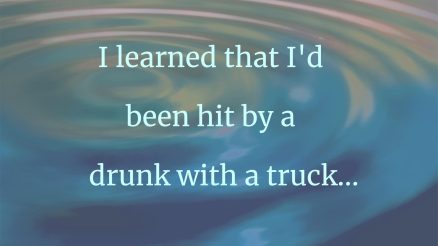
Assistant Head Wrapper
Editor’s Note: This piece was awarded an honorable mention in the Pulse writing contest, “On Being Different.”
I’m an antique. I started working as a junior copywriter at Time in 1972. I was a token Jew, a token hippie and a token “female professional” among hordes of perky typists and preppy males. The executives wore Cartier cufflinks engraved with initials and numbers, like GSW III or CMJ IV. My bosses were George the Third and Christopher the Fourth, while I was J, the only.
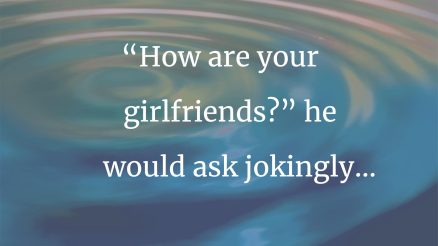
A Phony Heterosexual
In my first year as a premedical student at the University of Rochester, I began working as an EMT (emergency medical technician).
I enjoyed the work, but my interactions with patients were necessarily fast-paced and fleeting. In September of my senior year, I explored a different side of medicine by volunteering at a local hospice house; there, engaging with patients and hearing their stories over time was a critical element of care.
Among the hospice patients, I connected especially to Jackson, a man in his sixties. Jackson’s voice, interests and punk style reminded me of my own grandfather, who had passed away just a year earlier.
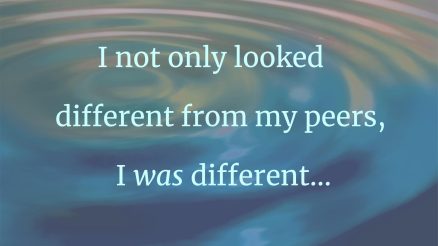
The Quest of a Lifetime
Editor’s Note: This piece was awarded an honorable mention in the Pulse writing contest, “On Being Different.”
From a young age, we’re encouraged to stand out—to be who we truly are and to be proud of that person. We strive to understand both our strengths and our weaknesses. In doing so, we’re driven to move forward, knowing we’re doing our best. But sometimes we get stuck in a rut and can’t find our way. That’s where my story begins.
In the mid-Seventies, at age sixteen or seventeen, I was diagnosed with a genetic disorder called Klinefelter syndrome. There were no computers or internet, which meant no easy access to medical knowledge. Living in rural Northern Michigan complicated matters further. Our small town had no medical specialists, and medical journals
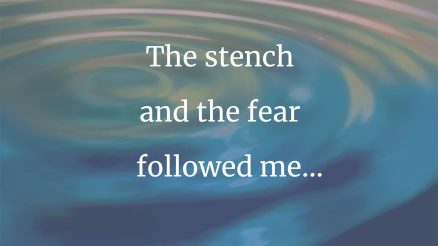
Burnt
You never forget the smell of charred human flesh. It permeates your skin, your hair, your nose and your mind. It never leaves. You may try to describe it, but there is no equivalent. Not barbecue, not melted plastic, not wood; the smell of the flesh of a once-living human being stands on its own. Even after thirty years, my mind holds the smell in its broken places.
They said it was a Molotov cocktail thrown into the house because of a drug deal gone bad. The man who was the target jumped out a window and left his girlfriend and children behind. The fire consumed everything.
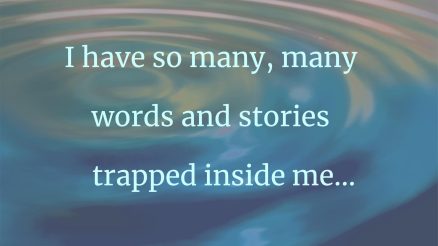
Silenced
Editor’s Note: This piece was awarded an honorable mention in the Pulse writing contest, “On Being Different.”
As a maternal/fetal medicine specialist for twenty-four years, I’d always felt that speaking to my patients, peers and the hospital staff was one of my God-given talents. I’m very good at giving bad news to expectant parents about their fetal diagnosis—or I used to be.
All of that changed six years ago, when I had a thyroidectomy for thyroid cancer. During the surgery, both of my recurrent laryngeal nerves were paralyzed, and so both of my vocal cords are paralyzed.
